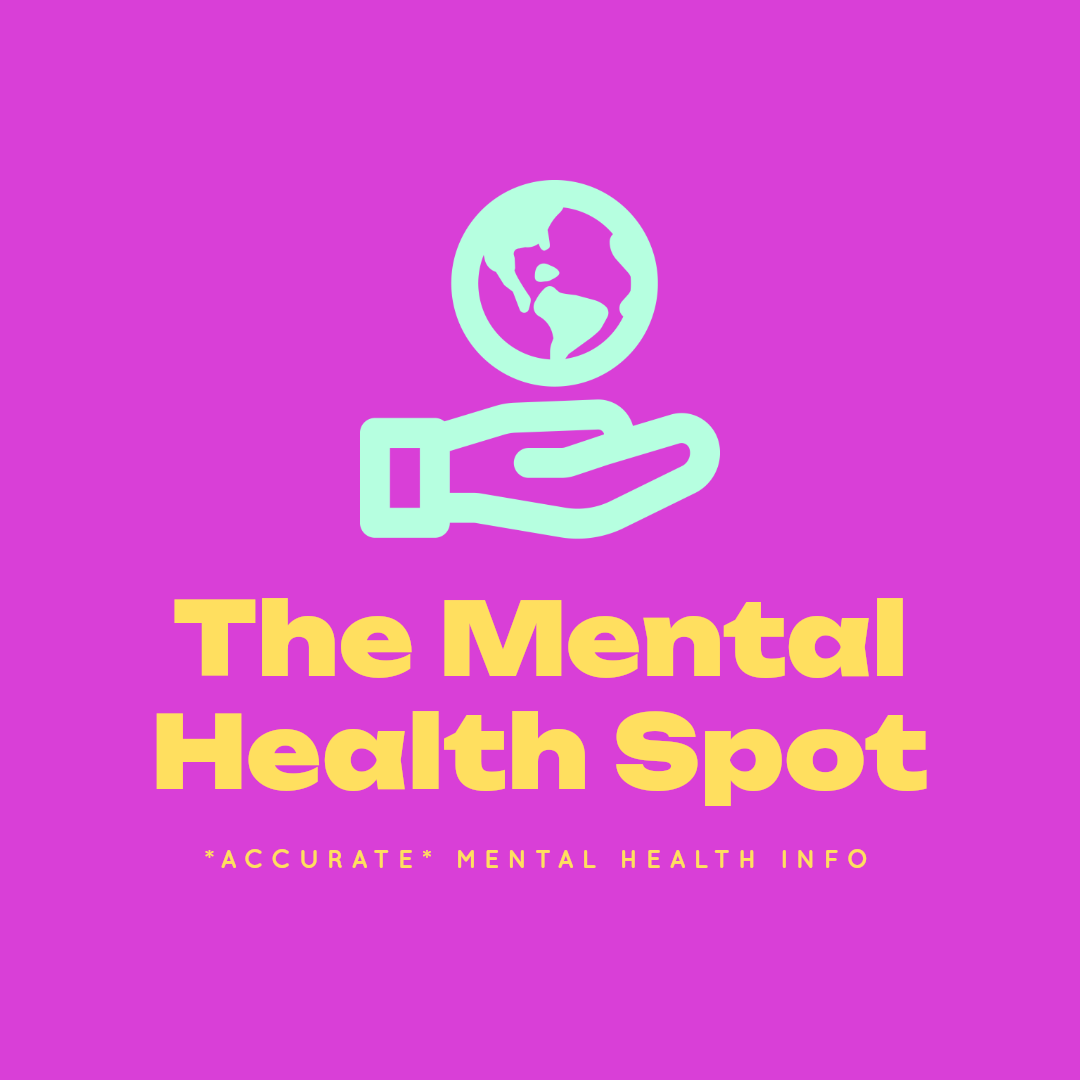Many people want to be in healthy and supportive relationships, and we are all deserving of these types of relationships. In order to help set up these relationships and create good habits overall. Here are some healthy relationship habits.
- Make sure to talk through the signs of healthy and unhealthy relationships anytime you’re beginning a relationship.
- Talk through what pacing looks like for you, what independence looks like, etc.
- Being aware of digital boundaries, what love bombing is, and how to recognize the unhealthy signs online is super important. Here’s the OneLove guide.
- Talk about boundaries and consent.
- It’s important to give boundaries and receive boundaries. Establishing some of your boundaries and upholding them throughout your relationship is key to building a healthy relationship. Respecting your partner’s boundaries is also *super* important to a healthy relationship.
- Consent is really important and ever-changing. According to OneLove, “Consent is an agreement between two willing participants to engage in an activity.” It can apply to anything and should be specific, enthusiastic yes, to a specific activity. For example, saying yes to holding hands doesn’t mean saying yes to hugging. Having open conversations about consent, what it is, what it isn’t, and giving and receiving consent is crucial to healthy relationships.
- Make sure to follow healthy breakup habits.
- Respect the other’s decision. Don’t force your partner to stay in a relationship with you if they don’t want you to. Any reason to break up with someone is a good enough reason to break up.
- Don’t go back into the relationship if you’ve broken up and respect the boundaries that the other person instates post-breakup. “It goes back to knowing your self-worth and how to strategically but also positively breakup and move forward,” says. Chloe, a OneLove Student Leader.
- Develop a break-up plan, whether or not it’s a healthy or unhealthy relationship or you’re breaking up with a friend, partner, or someone else. Develop where you want to break up, when, what contact you want with the other person, and how much contact you want.
- Griffin-Inostroza points out that “The more of a risk it [breaking up] is when you can bring in professionals.”
Final Thoughts:
To help ensure all around healthy relationships, express boundaries and understand consent, know healthy and unhealthy signs, and create a breakup plan if needed.
